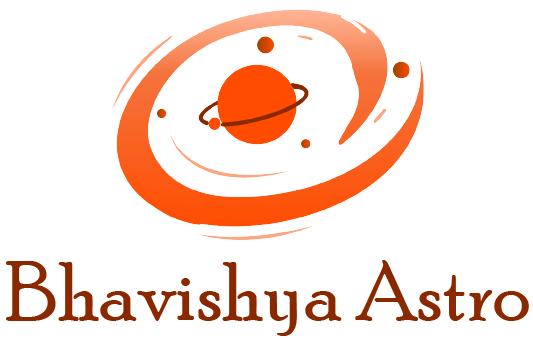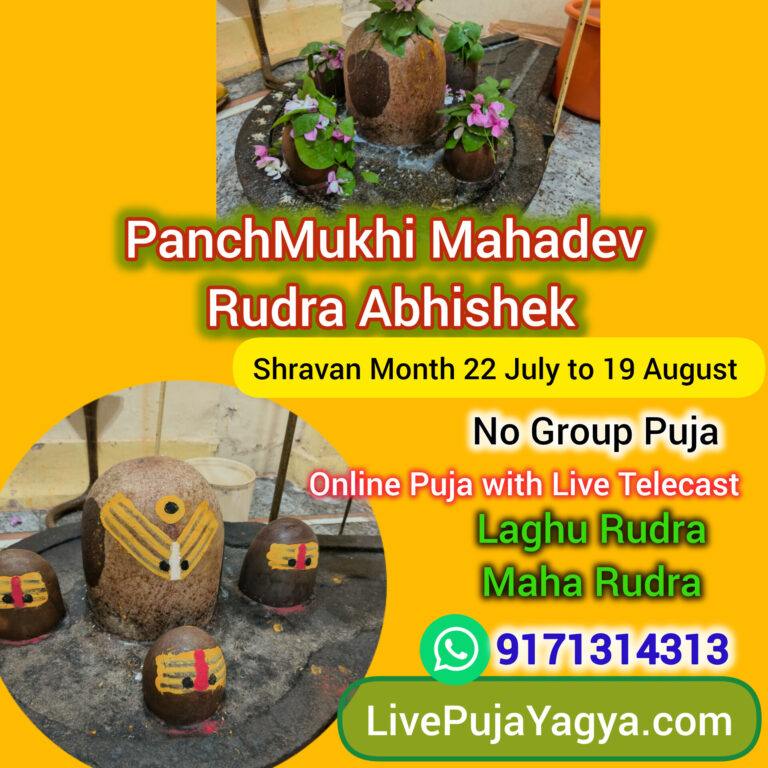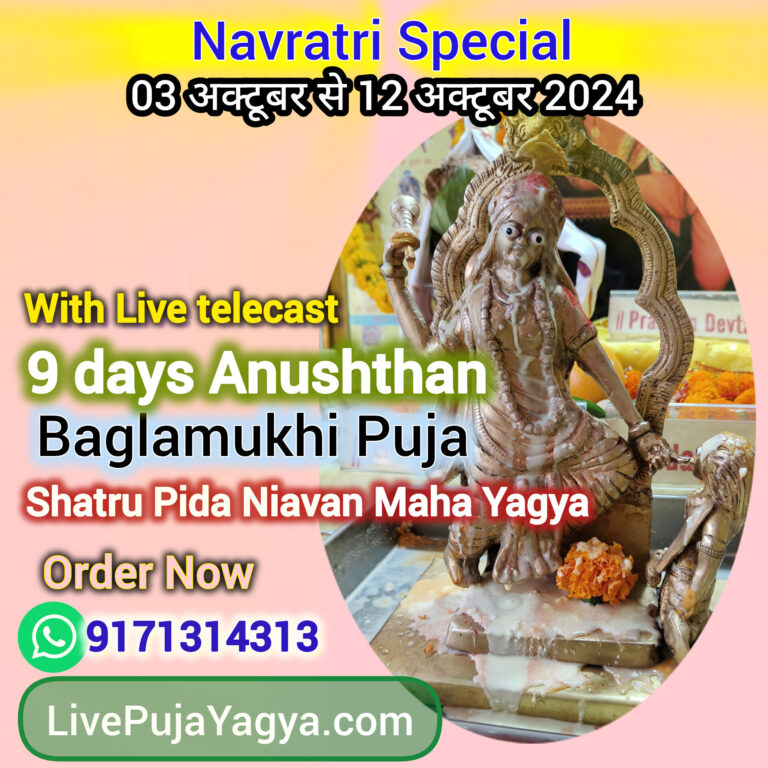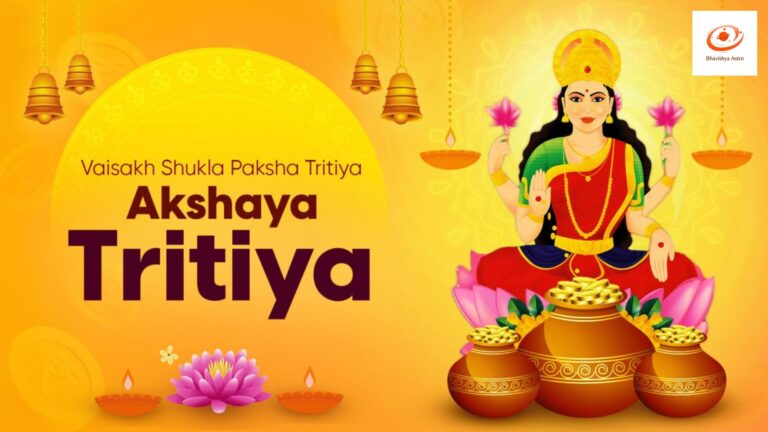Festival of Navratri
Festival of Navratri: Celebrating the Divine Energies
Navratri, the festival of worshiping the divine feminine, holds immense significance in Hindu culture. Spanning nine days of devotion and celebration, Navratri is a time when devotees immerse themselves in prayers, fasting, and rituals to seek the blessings of Goddess Durga. Let’s delve into the essence of Navratri and understand its customs, rituals, and spiritual importance.
Shardiya Navratri: Welcoming the Divine Goddess
The Commencement of Navratri
Navratri begins on the pratipada of Ashwin Shukla Paksha, which in 2024 falls on Thursday, 3rd October. This auspicious day coincides with Hast Nakshatra and Indra Yoga, signifying a propitious start. Devotees, especially those devoted to Maa Sharda, observe fasts with utmost dedication, seeking blessings for happiness and prosperity.
The Ritual of Fasting
Fasting during Navratri isn’t just a tradition but a spiritual practice aimed at attaining purity of mind and body. Devotees consume simple, plain food and meditate on the divine, empowering themselves to combat negative energies.
Significance of Sharad Navratri
Among the two Navratris observed annually, Sharad Navratri holds special reverence. Celebrated during the autumn season, it symbolizes the triumph of good over evil and marks the transition towards shorter days as winter approaches.
Rituals and Traditions During Navratri
Nine Days of Devotion
During Navratri, devotees worship the nine forms of Goddess Durga, each day dedicated to a specific manifestation. Rituals are predominantly performed at night, as it is believed that the ambiance is more conducive to spiritual practices.
Durga Puja: Initiating the Celebrations
The onset of Sharda Navratri is marked by Durga Puja, where devotees recite tantra-mantras to invoke divine blessings. Worshiping the planets during this time is encouraged to attain peace and prosperity.
The Importance of Gupt Navratris
Apart from Chaitra and Ashwin Paksha Navratris, two other lesser-known Navratris occur—Gupt Navratra of Ashadh Shukla Paksha and Gupt Navratra of Magh Shukla Paksha. These periods are dedicated to fulfilling life’s goals and are accompanied by acts of charity and righteousness.
Conclusion: Embracing Divine Grace
Navratri is not merely a festival but a spiritual journey, guiding devotees towards inner strength and purity. As we celebrate the divine energies during these auspicious nine days, let us immerse ourselves in prayer, fasting, and acts of kindness, seeking blessings for a harmonious life.
FAQs (Frequently Asked Questions)
1. What is the significance of fasting during Navratri?
Fasting during Navratri purifies the body and mind, enabling devotees to connect with the divine energies more profoundly.
2. How do the rituals performed at night during Navratri differ from those during the day?
Nighttime rituals are believed to harness stronger spiritual energies, as the environment is quieter and more conducive to meditation and prayer.
3. Why is Durga Puja significant during Navratri?
Durga Puja marks the initiation of Navratri celebrations, invoking blessings from Goddess Durga for strength and prosperity.
4. What are Gupt Navratris, and why are they celebrated?
Gupt Navratris are lesser-known Navratri periods dedicated to achieving life goals through acts of charity and righteousness.
5. How can one make the most of Navratri spiritually?
Engage in prayer, fasting, and acts of kindness, seeking divine blessings for a fulfilling and harmonious life.









